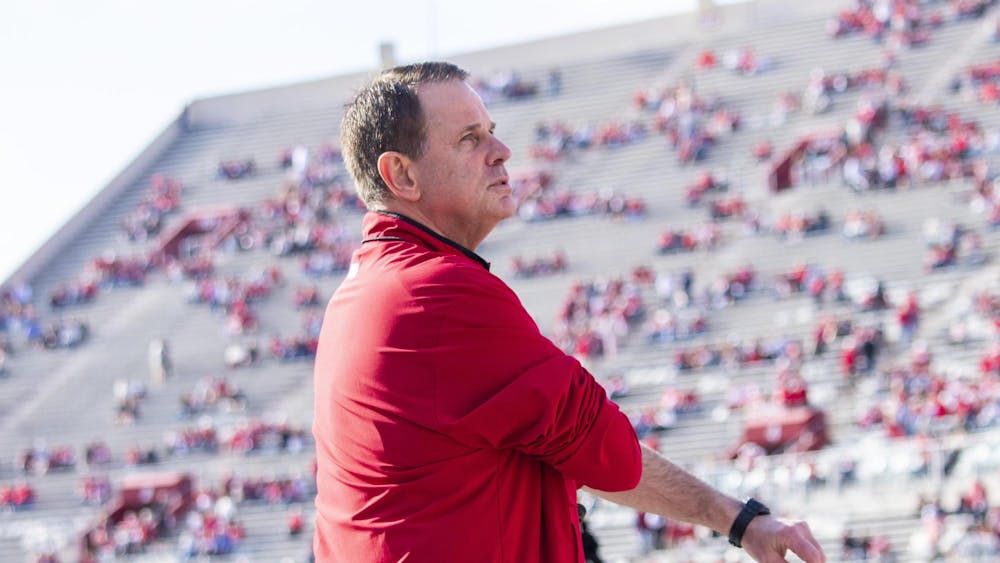Sometimes justice takes time.
In the case of The City of Bloomington Utilities v. Walter, Day and Cadavid, it has taken two years of trials and appeals all the way to the Indiana Supreme Court just to settle if the plaintiffs have a case. It turns out they do.
On July 24, the Indiana Supreme Court ruled that the City of Bloomington Utilities is liable for damages that occurred in November 2005 from a blocked public sewer line that caused 300 gallons of sewage to seep into an apartment, causing extensive damage – about $30,000 worth. Now the case can finally go to trial.
“Just shows you what people have to go through sometimes just to get their damages paid for,” said John Shean, one of the attorneys representing the homeowners.
According to the appellate court decision, the apartment’s renters Misty Day and Micky Walter alerted the property owners, Leslie and Hernan Cadavid, who in turn notified the city utilities department to fix the apparent blockage that caused the flooding, which is believed to have been caused by overgrown tree roots.
After filing an insurance claim on the damage, the Cadavids’ insurance company refused to pay for damages because it was a city sewer pipe on city property.
The Cadavids and Walter and Day sent separate damage claims, both of which were denied by the utilities department and the City of Bloomington.
In March 2007, the Cadavids, Walter and Day filed a single complaint alleging negligence. The defendants claimed that they were immune from all liability under certain provisions set in the Indiana Tort Claims Act, mainly that the pipe maintenance was a discretionary function that could not be sued for, Shean said.
In May 2008, both the city and utilities department made settlement offers to the plaintiffs. The city’s offer was accepted and then removed from the lawsuit, according to the appellate court decision.
The utilities department then made a motion for summary judgment, essentially trying to end the case before it started, on the grounds that it was not liable for the damages.
The trial court decided that the utilities department was indeed liable and denied the motion. The utilities department appealed the ruling to the Court of Appeals of Indiana.
“They claimed that they had discretion regarding keeping their sewer lines clean,” Shean said. “And we said, ‘No, you have established a policy of keeping the tree roots out of the sewer line, and you didn’t follow your own policy.’”
The appellate court made its decision in April 2008, affirming the trial court’s decision that the utilities department is not immune to paying for the damages. They then appealed to the Indiana Supreme Court, which also affirmed the trial court’s ruling.
Now that the state Supreme Court established that the utilities department is liable for the damages, the homeowners can finally have their day in court, because up until now, the issue was not about who was at fault, but if the utilities department was even liable for the charges claimed.
“Procedurally, the next legal step is a trial,” Shean said.
Renters have case against city 4 years later
Get stories like this in your inbox
Subscribe





